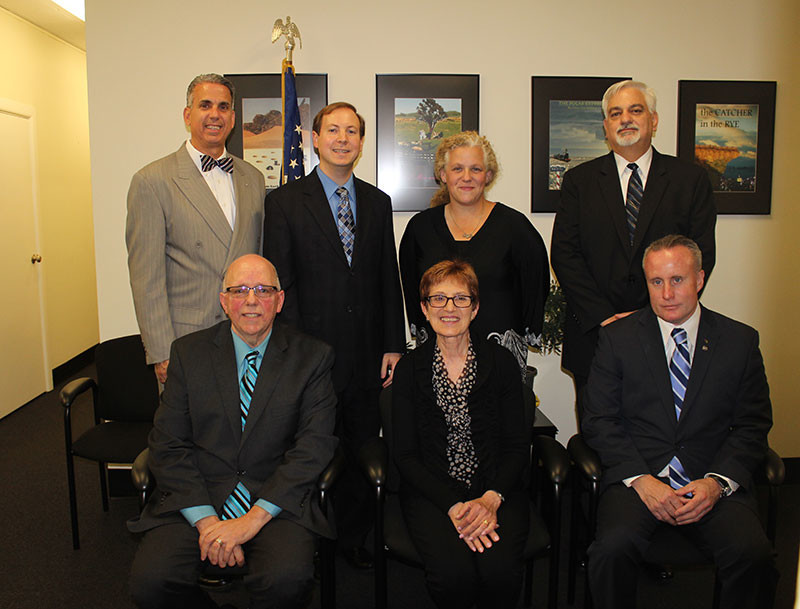Board of Ed takes stand against Common Core
Trustees urge state officials to re-evaluate ‘flawed’ testing program
The East Meadow School District Board of Education has publicly voiced its opposition to the controversial, state-mandated Common Core State Standards, criticizing in particular the program’s reliance on high-stakes testing and its ties to teacher and administrator evaluations.
In a position paper posted on the district website and signed by trustees and Superintendent Leon Campo, they called the teacher evaluation system — known as the Annual Professional Performance Review — “fundamentally flawed, inaccurate and unjust,” and called on legislators in Albany to re-evaluate the system.
“Where We Stand And Why” was signed by the district’s seven trustees — Board President Joseph Parisi, Vice President Marcee Rubinstein, Joseph Danenza, Scott Eckers, Brian O’Flaherty, Jeffrey Rosenking and Melissa Tell — introduced at a Board of Education work session on July 2 and posted on the website four days later.
The English and math assessments, given to students in grades three to eight over a two-week period each April since 2013, have met with much opposition from parents and educators statewide. Their results account for 20 percent of the APPR, which grades teachers’ overall effectiveness.
The trustees also pointed to the high stress levels the tests cause in students, the extensive amount of time teachers must devote to test preparation and the limited amount of useful feedback the tests provide districts for their students.
With no legal alternative to Common Core, however, trustees said, the district will continue to administer the “misdirected evaluation program despite its negative impact on our teachers, administrators and school community.”
The timing of the paper’s introduction was noteworthy — just two days after Louis DeAngelo retired as superintendent amid claims from parents that the district was unresponsive to their complaints about the Common Core curriculum. “This was a piece of unfinished business, in my mind,” Parisi said. “The reason we wanted to do this right now, in July, was to eliminate uncertainty as to where we stood come the new school year.”

 48.0°,
Overcast
48.0°,
Overcast 




